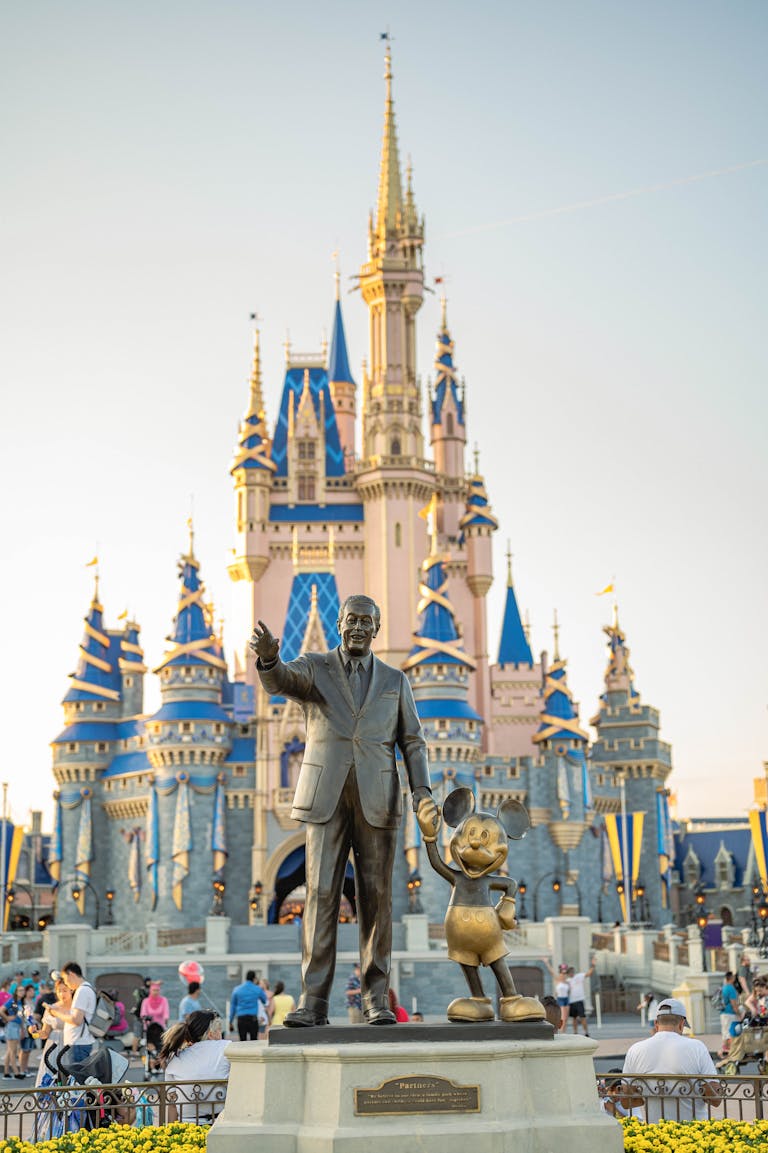Travel Is a Political Act: Discovering the Power of Connection and Understanding
Travel has always been a deeply enriching experience for me. Whether wandering through the bustling streets of China, exploring the ancient temples of Egypt, or enjoying the vibrant culture of Germany, my journeys have shaped my understanding of the world and my place within it. This unique perspective leads me to reflect on Rick Steves’ thought-provoking book, Travel Is a Political Act, a title that resonates with the essence of what travel can mean in today’s interconnected world.
The Essence of Political Travel
One of the key themes in Steves’ book is the idea of empathy. Traveling opens our eyes to the realities of life in other countries. When we engage with local communities, we begin to see beyond headlines and statistics. For instance, while visiting Nuremberg, I encountered the city’s rich history, especially regarding its role in World War II. Walking through the historical sites, including the Nuremberg Trials Memorial, gave me a profound understanding of the consequences of political decisions and the importance of holding leaders accountable. Listening to the stories of locals about their families’ experiences during that time added depth to my understanding of their culture and resilience.

Having spent considerable time in various countries, I can attest to the truth of Steves’ insights. For instance, during my travels in China, I learned about the complexities of its culture and history. While the Great Wall and Forbidden City are must-see attractions, it was the conversations I had with locals that truly enriched my experience. These encounters allowed me to grasp the nuances of daily life, including the challenges people face under an authoritarian regime. Such insights transformed my understanding of political narratives often portrayed in the media.
Travel as a Tool for Empathy
One of the key themes in Steves’ book is the idea of empathy. Traveling opens our eyes to the realities of life in other countries. When we engage with local communities, we begin to see beyond headlines and statistics. For instance, while visiting Egypt, I encountered families whose lives had been profoundly impacted by political unrest. Listening to their stories gave me a deeper appreciation for their resilience and strength, reinforcing the idea that every individual has a narrative that deserves to be heard.

Steves urges travelers to adopt a mindset of curiosity and openness. This approach has served me well in my own journeys. I often seek out local guides or participate in community-based tourism initiatives. These experiences not only support local economies but also provide a platform for authentic cultural exchanges. By investing in relationships with local people, we enrich our travels and contribute to a more equitable world.
Challenging Preconceptions
Travel is an act of courage, particularly in a world rife with stereotypes and misconceptions. Steves emphasizes that confronting these preconceived notions is essential to fostering understanding. For example, while visiting Nuremberg, I was struck by how much history is embedded in the landscape. From the majestic Nuremberg Castle to the memorials dedicated to the victims of the Holocaust, these sites challenge visitors to confront uncomfortable truths about the past. Engaging with this history fosters dialogue about the importance of tolerance and inclusivity in our modern society.
Steves argues that travelers have a responsibility to engage critically with the places they visit. This means asking questions, seeking diverse perspectives, and reflecting on our own biases. My experiences in Nuremberg exemplify this idea. By immersing myself in the local culture and speaking with people from different backgrounds, I gained a richer understanding of the complex narratives that shape our world.
Conclusion: A Call to Action
Rick Steves’ Travel Is a Political Act serves as a powerful reminder that our travels can influence the global narrative. Each journey we undertake is an opportunity to promote understanding, challenge biases, and create connections that transcend borders.
As a seasoned traveler, I encourage everyone to embrace the ethos of political travel. Seek out local experiences, engage in meaningful conversations, and strive to understand the diverse stories that shape our world. By doing so, we not only enrich our own lives but also contribute to a more compassionate and interconnected global community. In the end, travel is not just about visiting new places; it’s about discovering the shared humanity that unites us all.
Ready to embark on your own political journey and make meaningful connections around the world? Start planning your next adventure today! Book your next trip through Booking.com and discover the world through a new lens. Your travels can be more than just a vacation – they can be an act of understanding and empathy. Click here to get started!
Discover more from DG Speaks
Subscribe to get the latest posts sent to your email.



